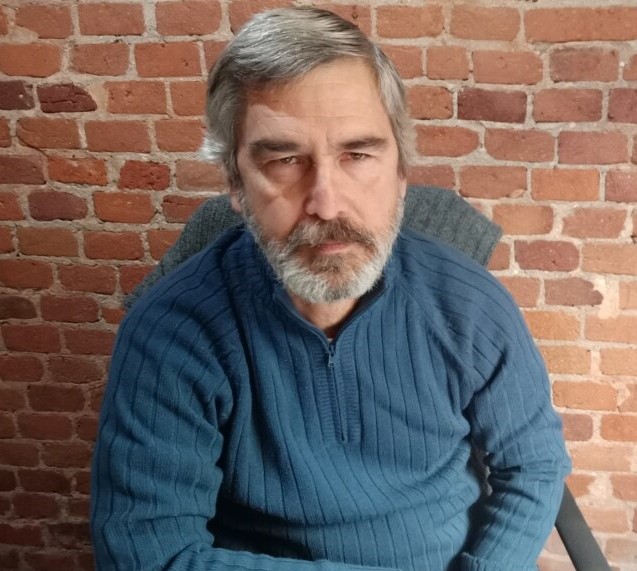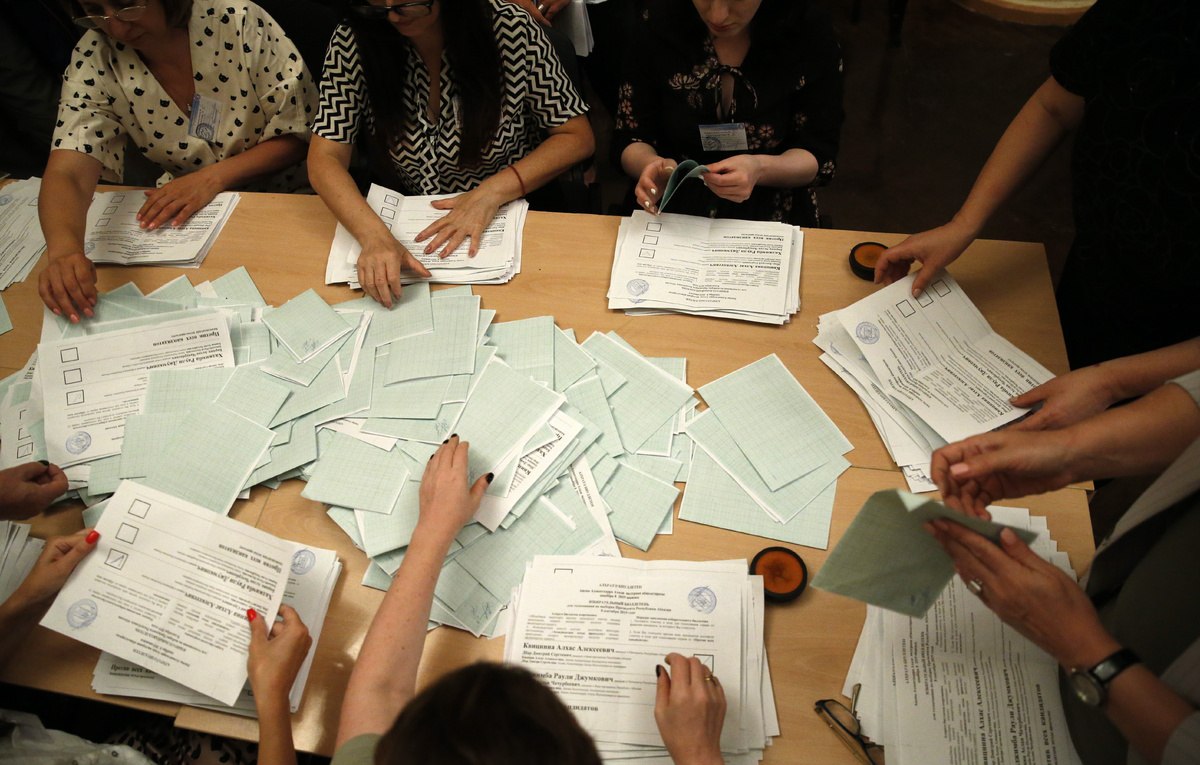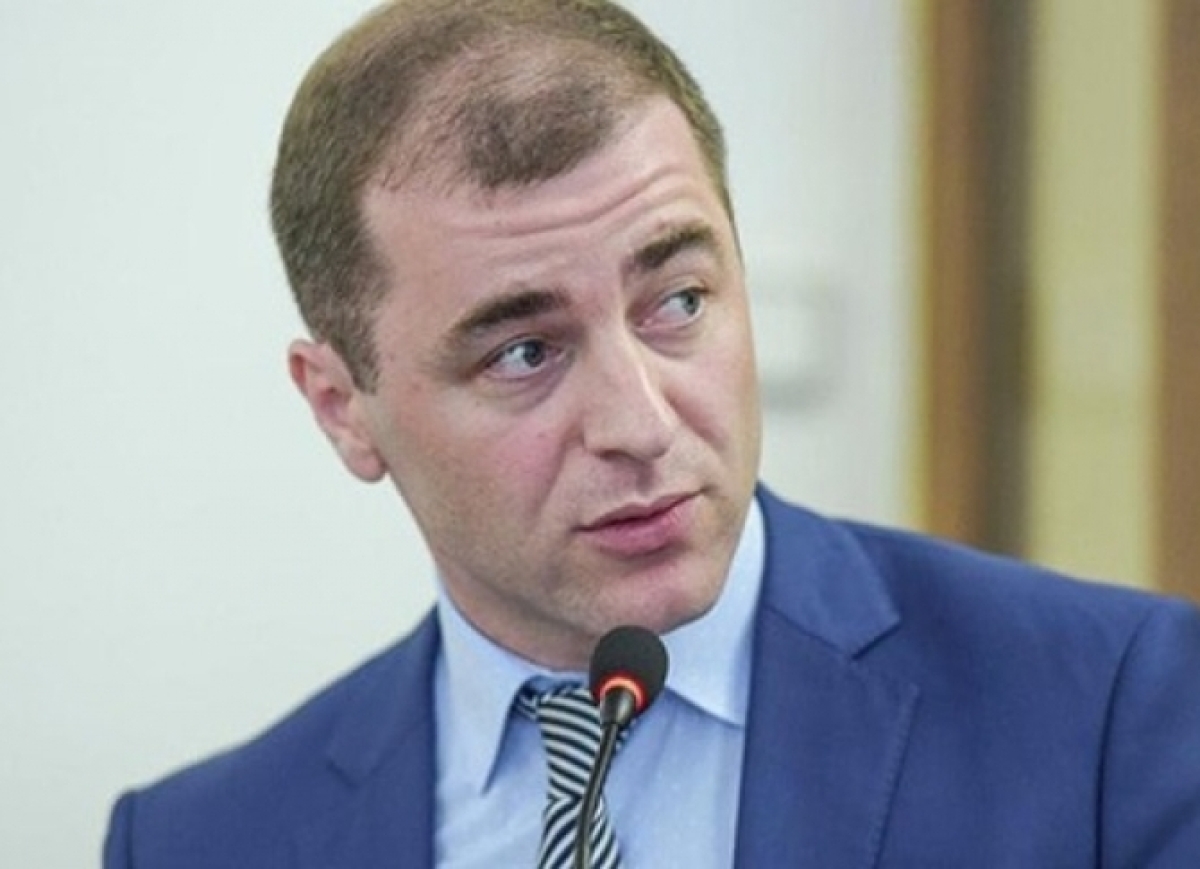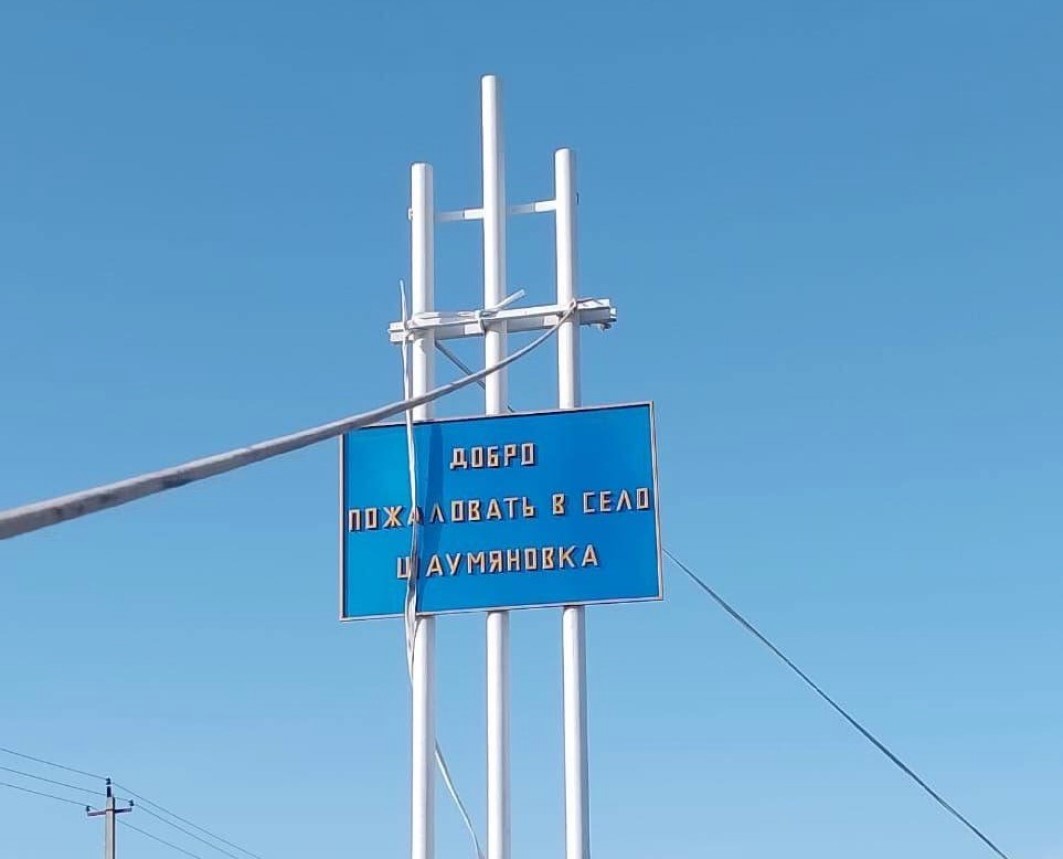‘Armenian question’ suddenly emerges amid elections in Abkhazia. Who is pressuring community and why?
Armenians in Abkhazia report pressure
The head of the Armenian community in Abkhazia, Alik Minosyan, stated that local Armenians have faced pressure amid the presidential elections.
“Since the start of the campaign, leaders of several villages with Armenian residents have been subjected to pressure and threats, demanding they support specific political forces.
The Armenian community of the Republic of Abkhazia has refrained from public statements, adhering to the principle of non-interference in electoral processes. However, a situation where open calls for violence and restrictions on constitutional rights are made requires an immediate and firm response,” Minosyan claimed.
As evidence of rising anti-Armenian sentiment, he cited an audio recording of a phone conversation between the nephew of acting President Valeri Bganba (a member of the opposition) and a certain Yuri Vanaba, in which there is a call to punish Abkhaz Armenians for their political choices.
During the first round of Abkhazia’s presidential election on February 15, the pro-government candidate, Badra Gunba—effectively the successor to ousted ex-president Aslan Bzhania and the Kremlin’s clear favourite—secured an overwhelming majority in villages with a concentrated Armenian population.
The campaign team of his main rival, opposition candidate Adgur Ardzinba, found this result unusual, as votes in these villages are typically more evenly distributed.
The opposition suspects voter bribery played a role. They also argue that certain Russian media outlets have amplified claims that Ardzinba is allegedly backed by Turkey—a narrative that, unsurprisingly, did little to boost his popularity among Armenians.
The opposition also cited a counterexample of pressure from Badra Gunba’s supporters on ethnic Armenians in Abkhazia: a video allegedly shows a group of people, including a high-ranking official, beating an Armenian activist from Ardzinba’s campaign team.
Despite the rising tensions and mutual accusations, both rival camps continue to express their loyalty and goodwill toward the Armenian community, calling for calm.
In response to Alik Minosyan’s complaint, the head of Russia’s Investigative Committee, Alexander Bastrykin, ordered an inquiry into “threats and violations of the rights of Russian citizens in Abkhazia.”
“Foreign nationals who commit a crime outside the Russian Federation are subject to criminal liability under Russian law if the crime is directed against a Russian citizen,” said the Investigative Committee’s official representative, Svetlana Petrenko, citing Article 12 of Russia’s Criminal Code.
Expert commentary
Reflecting on why and how the “Armenian question” suddenly emerged during the elections, prominent Abkhaz public figure Akhra Bzhania suggests that the rights of ethnic Armenians may indeed have been violated—but not in the way Gunba and his allies claim.

Akhra Bzhania
“On February 15, during the first round of the presidential elections, there was a precedent that contradicted the constitutional norm of free and secret voting, as well as the principles of interethnic harmony upheld in our state.
In several electoral districts, particularly in areas with a concentrated Armenian population, around 70-75% of ballots were cast for a single candidate—Badra Gunba—while only 25-30% went to all other candidates combined. Naturally, such an imbalance in district commission reports caused tension in the candidates’ campaign headquarters.
In the modern history of multiethnic Abkhazia, there has never been a case where electoral preferences were shaped along ethnic lines.
In no previous presidential election have citizens belonging to any ethnic group overwhelmingly voted for a single candidate. There has always been a diversity of opinions.
There is no doubt that the figures mentioned above could only have been achieved through voter pressure, manipulation, intimidation, and outright electoral fraud. This is likely what Alexander Bastrykin was referring to when he spoke of violations of Russian citizens’ rights in Abkhazia.
It is hard to imagine the extent of falsehoods spread about every candidate except the pro-government one, but the fact remains that people became victims of a premeditated operation, subjected to blackmail and psychological pressure, leading them to cast up to 75% of their votes for the candidate backed by the former authorities.
By manipulating public opinion, the orchestrators of this provocation not only undermined the electoral process but also sought to strain the fraternal relations between Abkhazia’s national communities. However, that is unlikely to succeed—too much binds us together, and these ties only grow stronger over time!
That said, responsibility also lies with the citizens who took part in this large-scale fraud.”
The views, place names, opinions, and ideas expressed in this publication do not necessarily reflect the views and ideas of JAMnews or its individual employees. JAMnews reserves the right to remove comments on publications that are deemed offensive, threatening, incite violence, or ethically unacceptable for other reasons.























